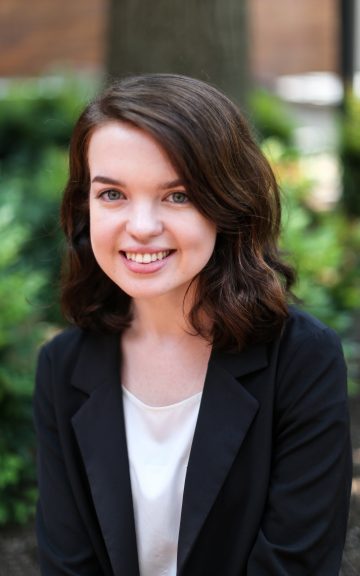
Last week, the coffee shop Common Grounds came under fire for its pink neon sign that reads, “Up All Night on Adderall.”
People took to Twitter and the shop’s Instagram page to voice their criticisms of the sign for trivializing substance use disorder. In response, the employee running the page fired back, calling people ignorant bullies.
Stephen Yaeger, who is one of the shop’s owners, assured me on Friday the sign will be taken down this week and be replaced by a new temporary piece that will likely read, “Up All Night on Coffee.” He added that the employee who ran the shop’s Instagram page has been fired.
“We didn’t mean to offend anyone,” he said. “It was poor judgment on our part.”
I commend Common Grounds, a shop on Cecil B. Moore Avenue near 16th Street, for listening to its critics and coming to the decision to remove the word “Adderall,” but the sign shouldn’t have gone up in the first place.
The phrase glorifies prescription drug misuse, something that is extremely prevalent on college campuses.
Adderall is an amphetamine and dextroamphetamine, a stimulant, that is typically prescribed to treat attention deficit hyperactivity disorder. It can increase the ability to focus on tasks, control behavioral problems and become a better listener, according to WebMD.
But young adults, ages 18 to 25, are the biggest abusers of prescription opioid pain relievers, ADHD stimulants and anti-anxiety drugs, according to the National Institute on Drug Abuse.
It also reported that in 2016, college students misused amphetamine at higher rates than non-college students.
These numbers are deeply troubling, and to take this issue, and glamorize it with a trendy pink sign for your coffee shop is irresponsible and will perpetuate the stigma surrounding substance use disorder.
“Substance misuse and substance use disorder are realities that have deeply affected the lives of students, staff, and faculty here on Temple’s campus, as well as campuses and communities across the country,” Alison McKee, the director of the Wellness Resource Center, wrote in an email. “Efforts to minimize or trivialize those realities do real harm to hard-working members of our campus community and our neighbors in North Philadelphia.”
“We are glad this discussion is being had and grateful to Temple students, fellow staff, and faculty who are voicing concerns,” she wrote.
In one week in December 2017, the Temple community lost two students to drug overdoses. The city is experiencing one of the worst drug epidemics. Last year, 1,217 people died from drug-related overdoses in Philadelphia.
The United States Drug Enforcement Agency announced in August that medical examiners and coroners reported 5,456 people died of drug-related overdoses in Pennsylvania, which marked a 64 percent increase from 2015.
This is reality, and it can’t be summed up in a superficial one-liner to be used as a backdrop for Instagram photos. But I think some good came out of this situation, despite the many people whom the sign offended.
Students, faculty and others voiced their concerns about the sign, resulting in it being changed. I’m proud of these people who educated others about the problematic culture of drug misuse that still persists.
We need to continue talking about this issue, and in turn, reduce the stigma surrounding drug misuse.


Be the first to comment